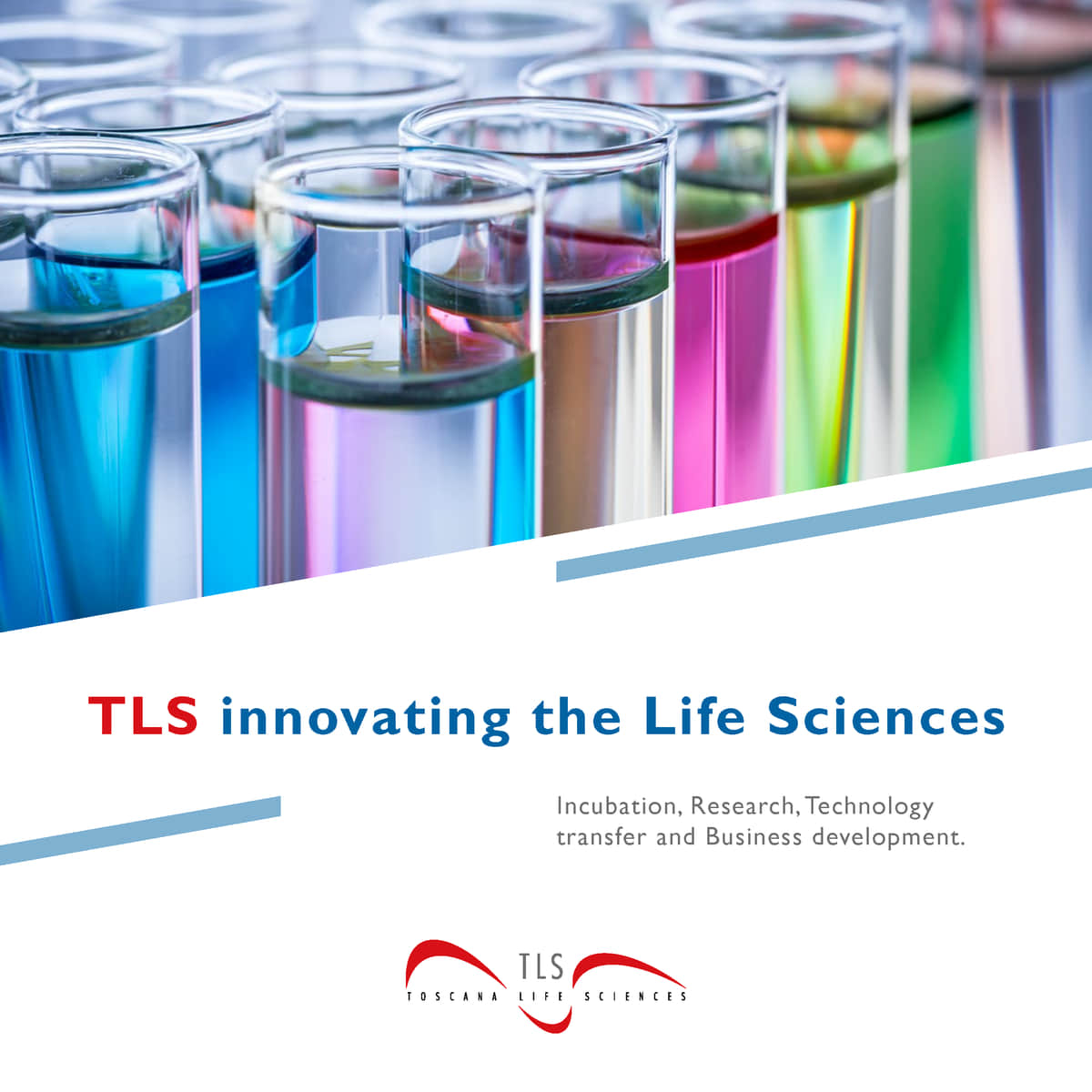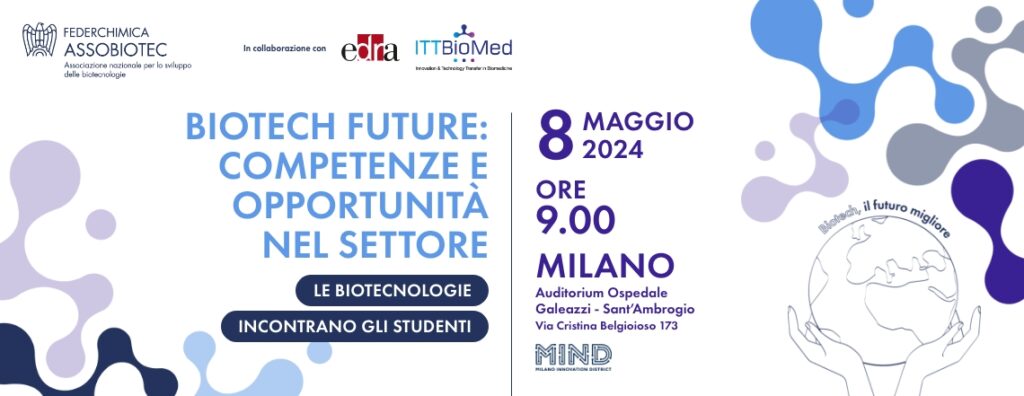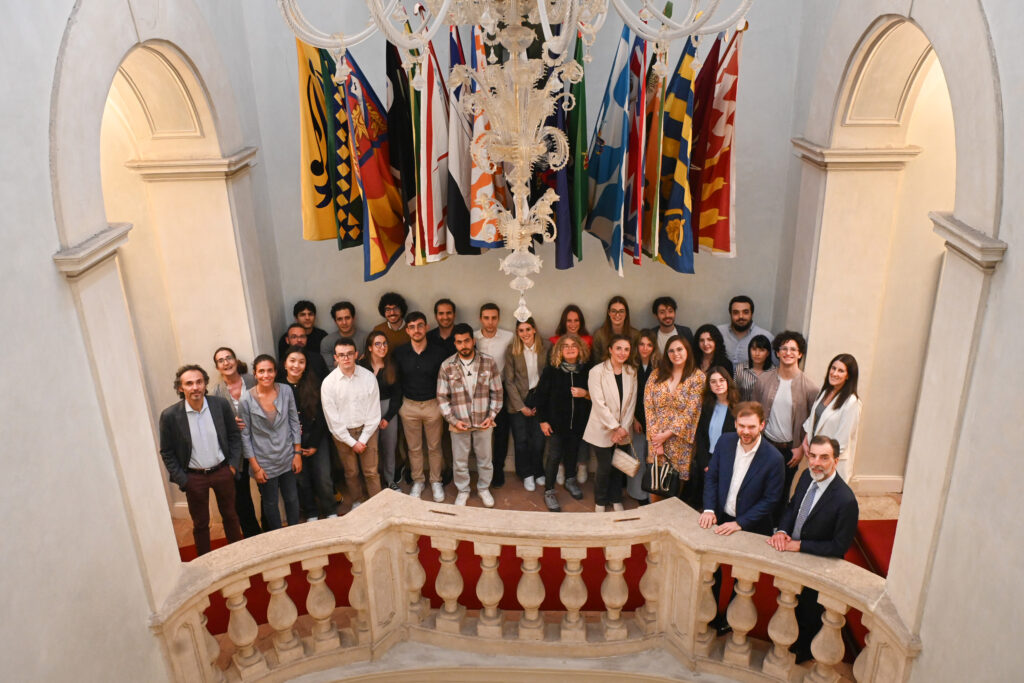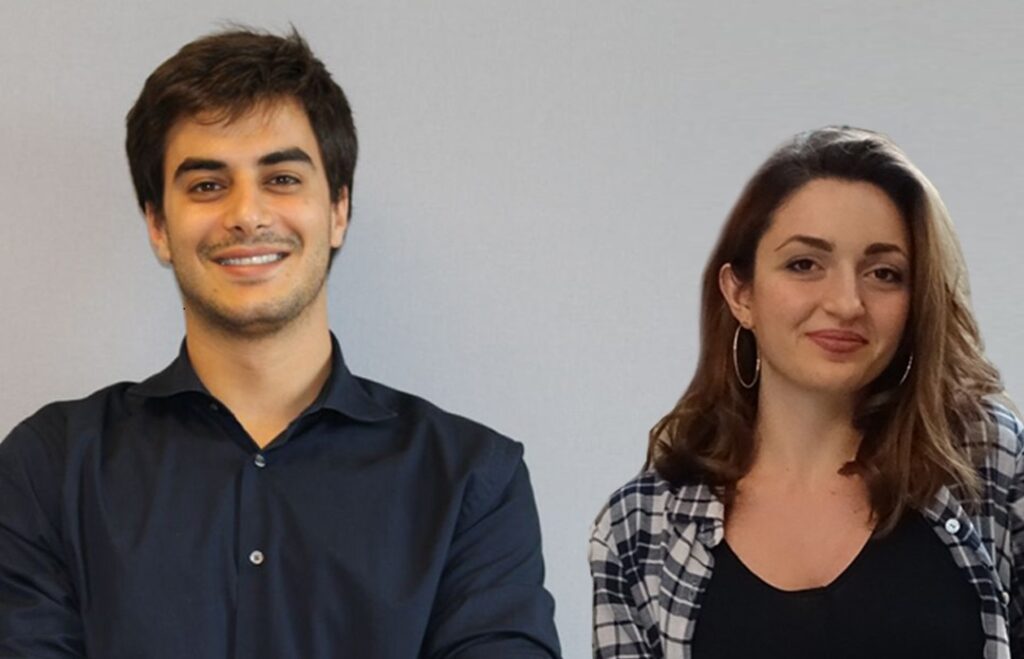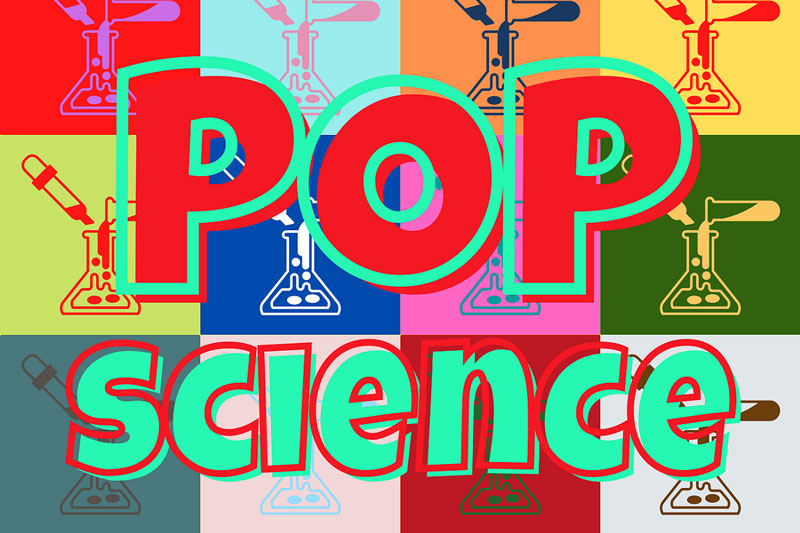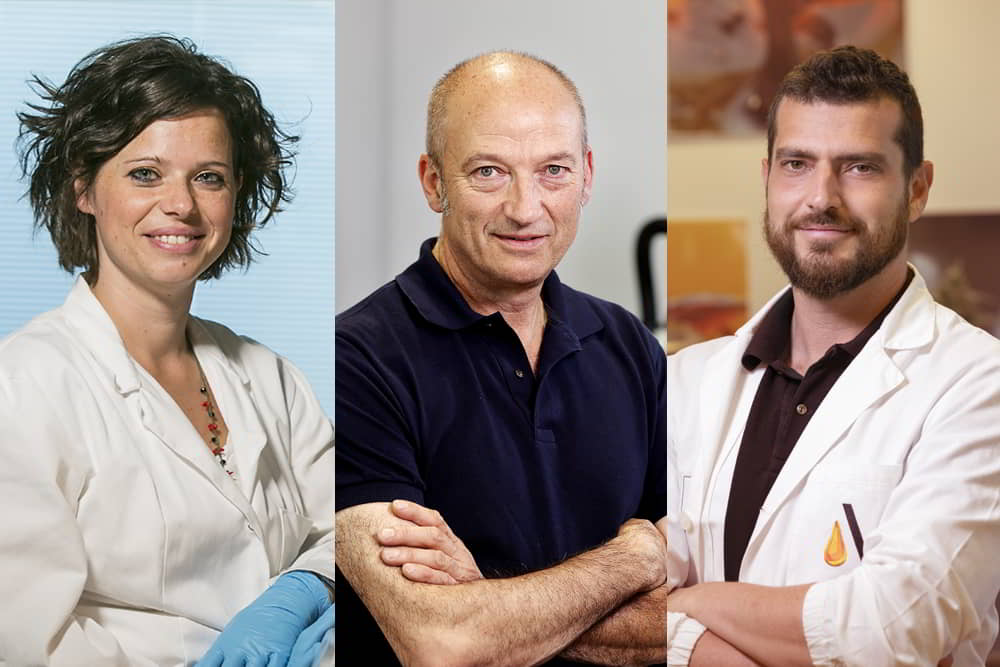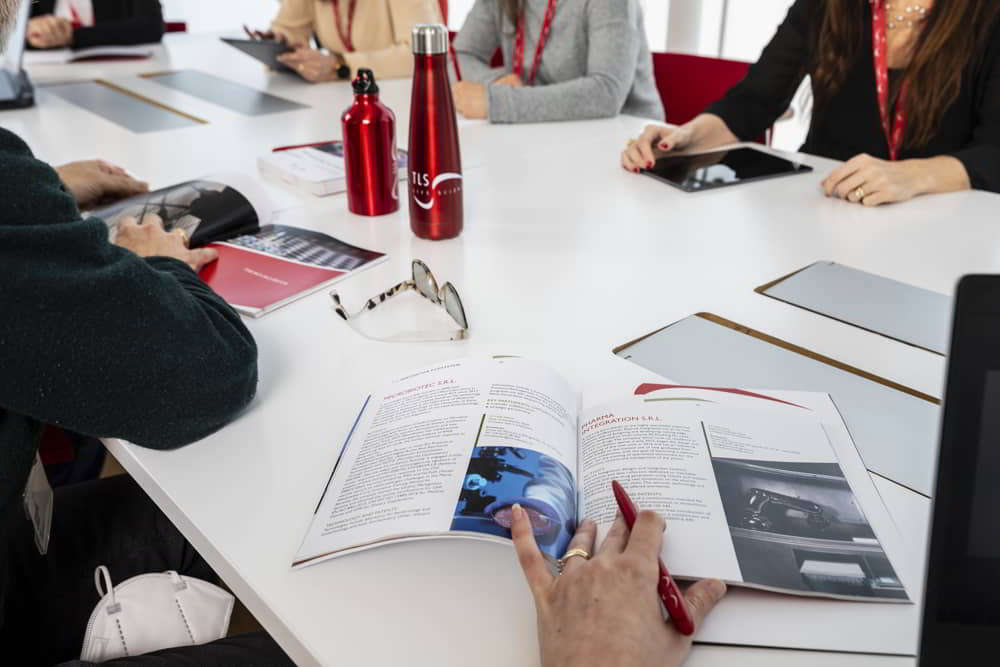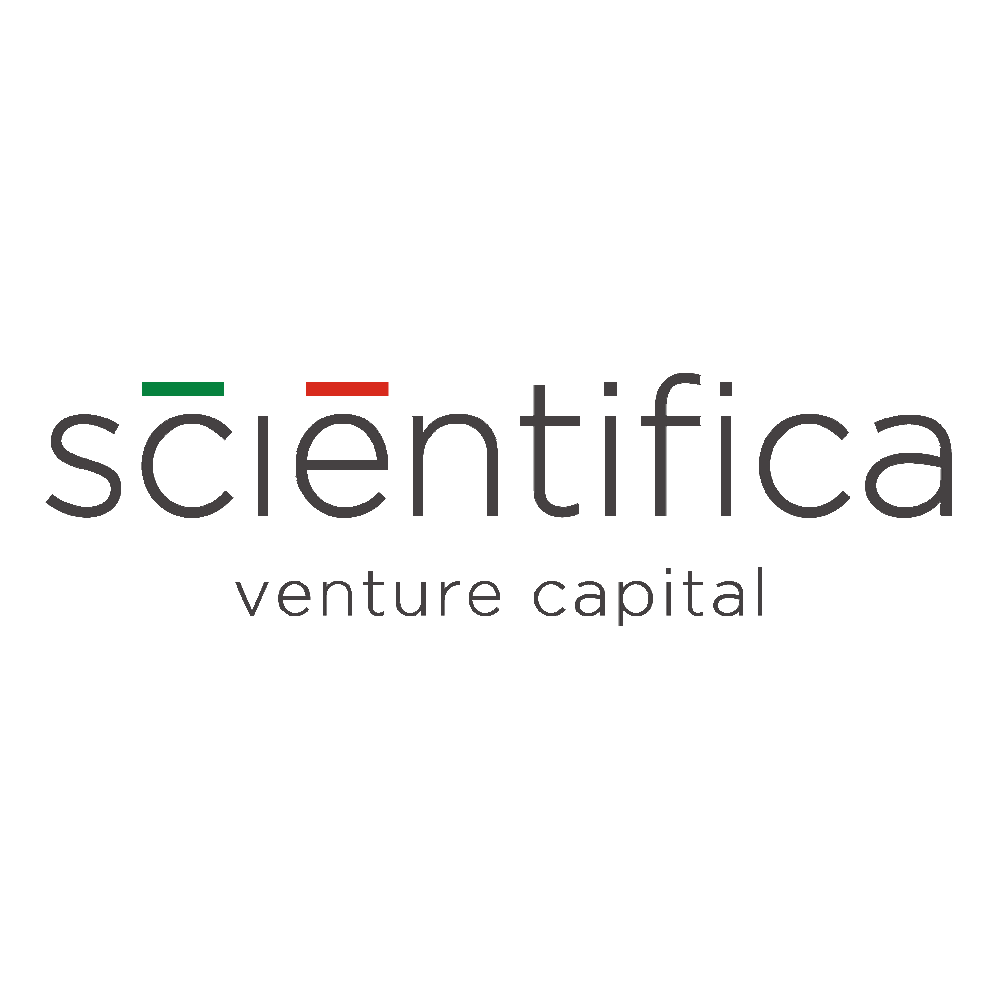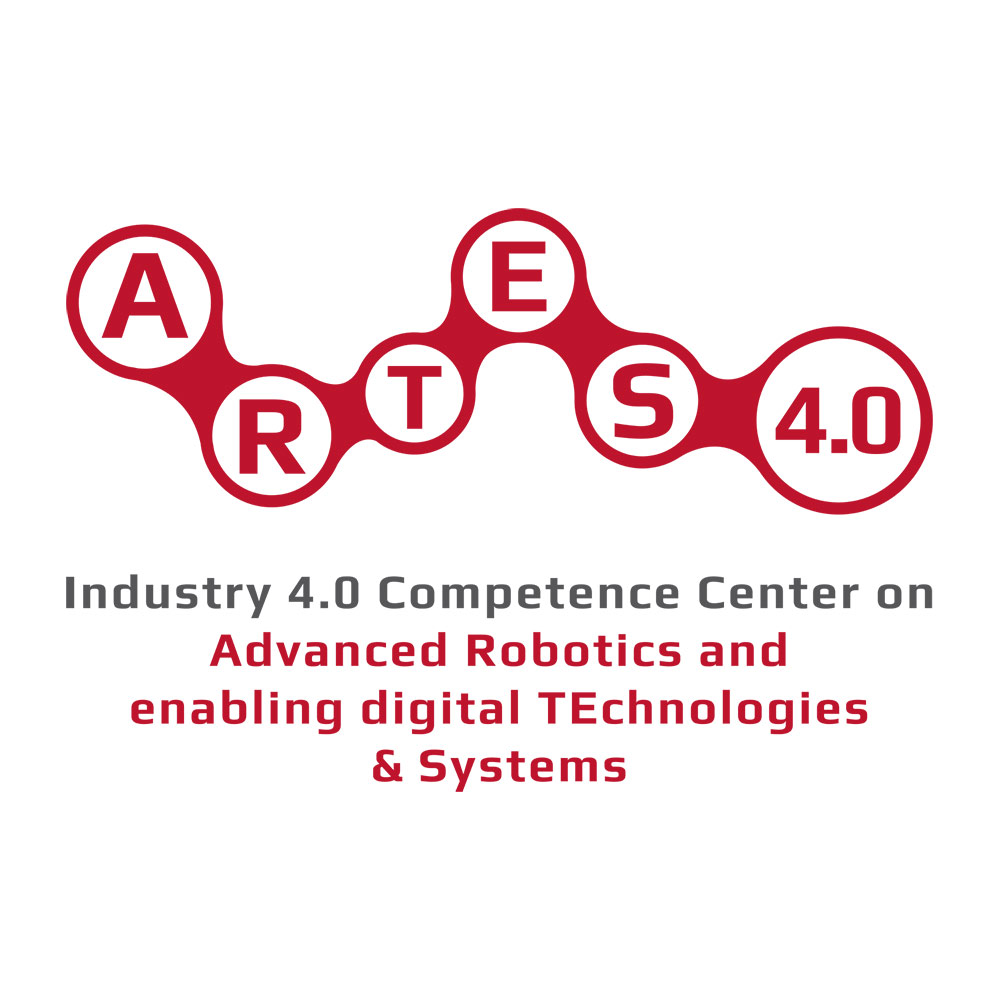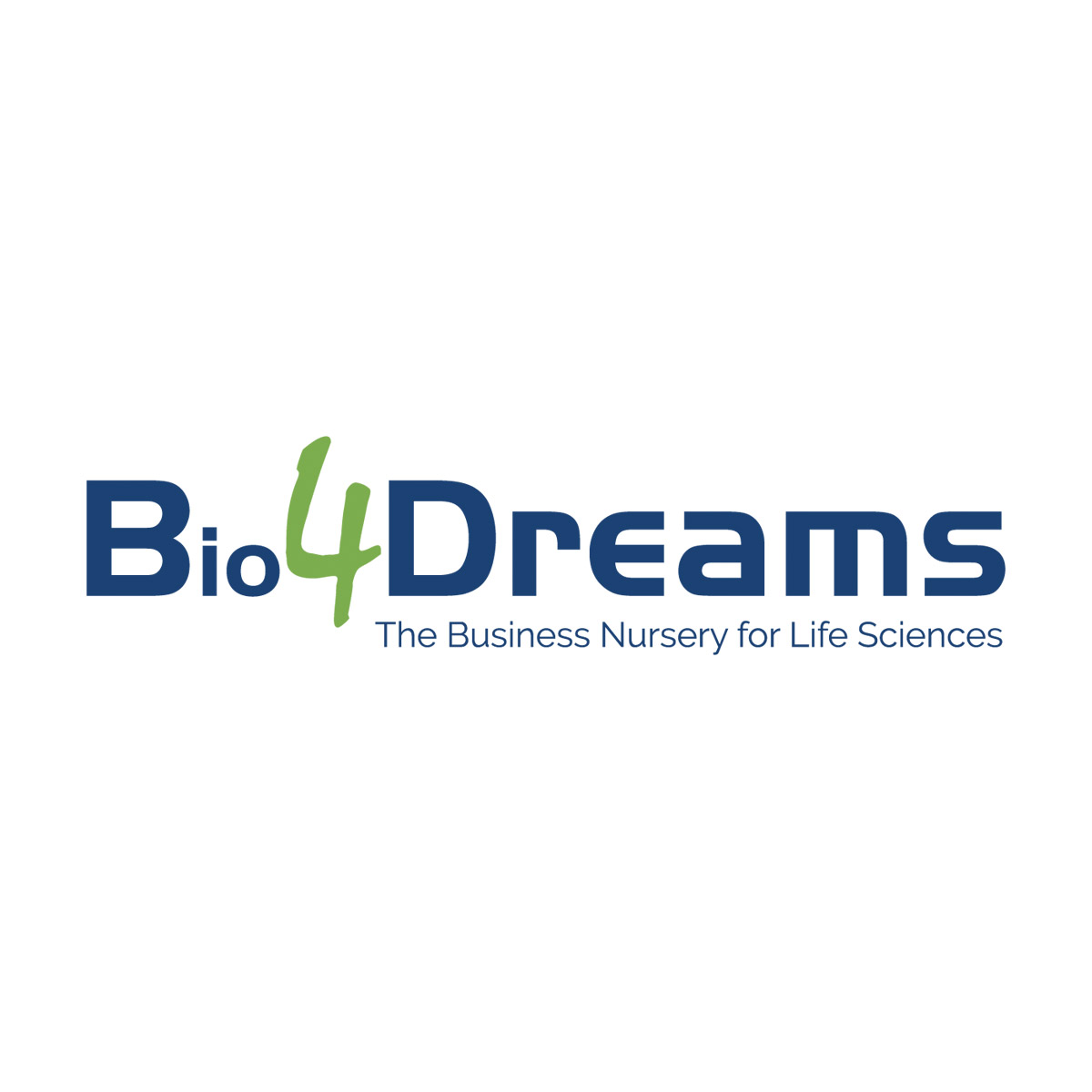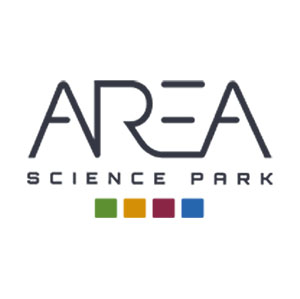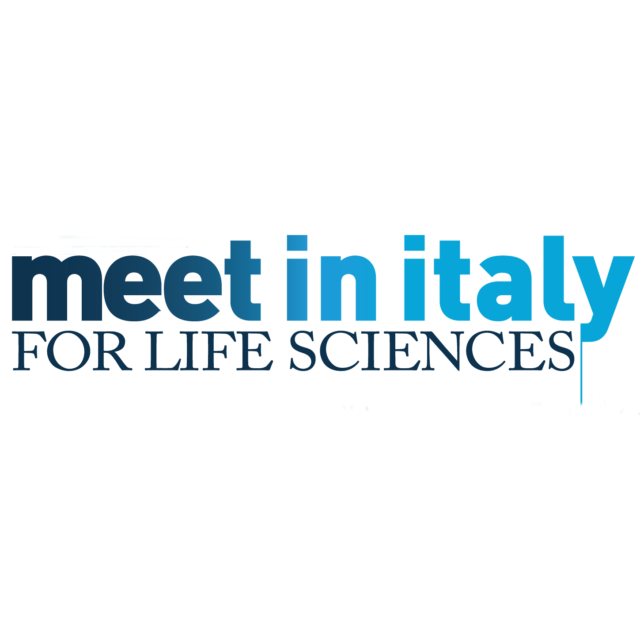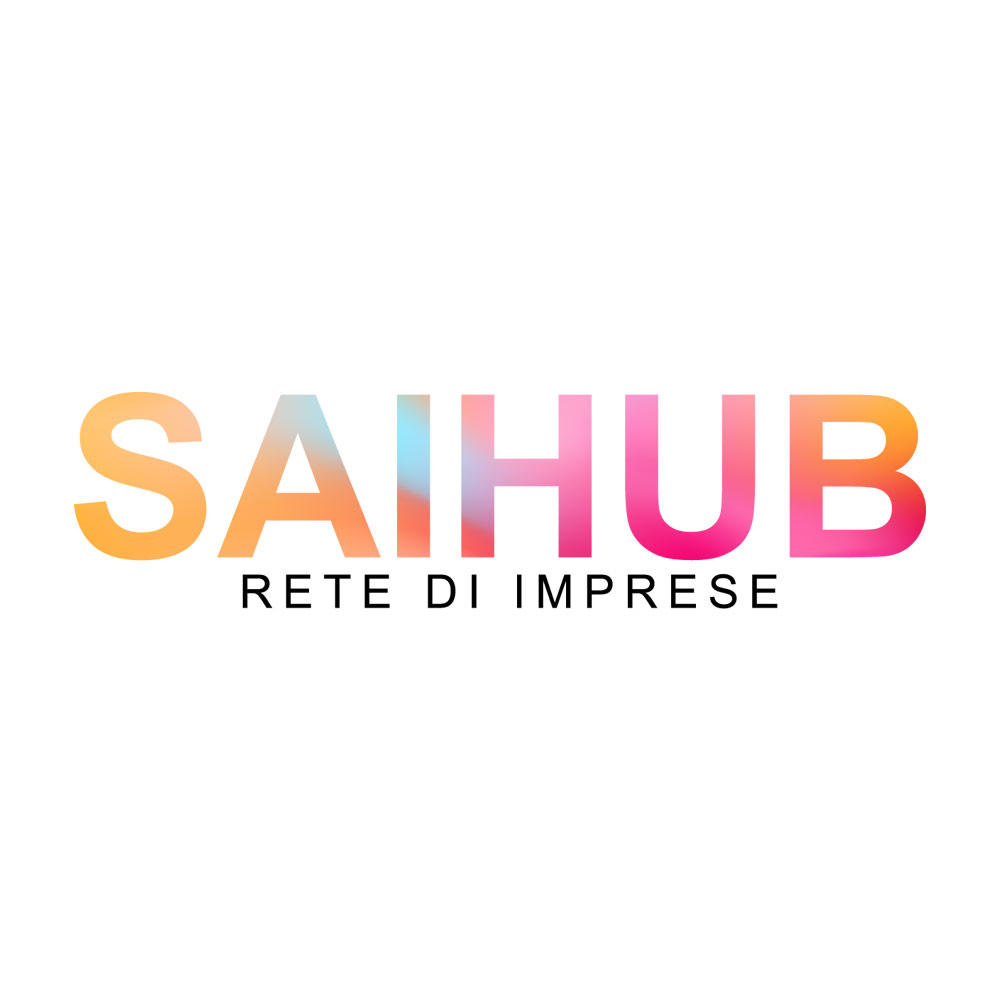Il DG Andrea Paolini partecipa all’evento di Federchimica Assobiotec.
Ricerca, impresa e formazione per lo sviluppo innovativo delle scienze della vita e dei sistemi sanitari. La Fondazione Toscana Life Sciences, forte di una lunga tradizione senese in campo scientifico, è impegnata in attività di ricerca propria, di incubazione di impresa e svolge il ruolo di aggregatore e facilitatore di un ecosistema dell’innovazione nel settore delle biotecnologie, ponendosi al centro di una rete di partnership pubblico-private.







